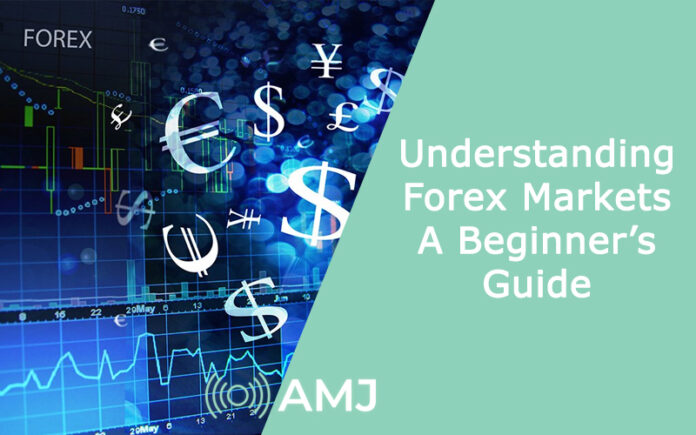Forex can be a scary place for beginners. There are several things you need to know before stepping into the currency trading market. Since you are reading this post, it is safe to assume that you are a newbie.
Forex refers to the buying or selling of currencies. It is the largest trading market in the world. Starting from individuals to companies, and countries, everyone participates in forex trading.
Before getting into the forex world, you need to know the market open times. Technically, the forex market never closes, but traders can only trade between Sunday at 5:00 pm ET and Friday at 5:00 pm ET.
If you are interested to learn more about forex trading, you should give this post a read.
Contents
What is forex trading?
To put it in simple words, forex means currency trading. A trader buys a currency and sells another. The exchange value of currencies fluctuates based on demand and supply.
Forex is a global marketplace that operates 24/7 from Monday through Friday. It should be noted that all currency trading takes place over the counter, while the market is controlled by banks and other financial institutions. The Forex market doesn’t support any kind of physical exchange.
The majority of forex trading takes place between large institutional traders, such as multinational companies, banks, and fund managers. However, individual traders can also participate in forex trading.
How currencies are traded?
Before becoming a forex trader, you must understand how currency trading works. First of all, all currencies have a three-letter code assigned to them. Although there are over 170 currencies involved in forex, U.S. dollars remain to be the most important of all. It is involved in the majority of trading. The code for the U.S. dollar is USD.
After USD, the euro (EUR) is the second most important currency in the forex market. It is accepted in 19 different countries that are a part of the European Union.
Other major currencies include the Swiss Franc (CHF), the Japanese Yen (JPY), the British Pound (GBP), the Canadian Dollar (CAD), the Australian Dollar (AUD), and the New Zealand Dollar (NZD). These currencies occupy 75% of the trading market.
Every forex trade involves two currencies. Traders buy or sell a currency in exchange for another.
Ways To Trade Forex
There are different ways to trade currencies that are meant to fulfil different trading goals. The three main types of forex trading are:
- Forward market
In this type of trading, traders enter a private contract with another trader. The trade is executed on an agreed-upon amount of currency.
- Spot market
It refers to the main forex market where currency pairs are traded. In this case, the exchange rates fluctuate based on demand and supply.
- Futures market
This type of forex trade requires traders to get a standardized contract to sell or buy a predetermined amount of currency at a specific value. Instead of carrying the trade in private, it is done on an exchange.
How to get started with forex trading?
Here’s a step-by-step guide to getting started with forex trading. You will find it helpful if you are starting from scratch.
- The first thing you need to do is open a CFD trading account. It can be a demo or live account based on your preference.
- The next step is to research the currency pair that you want to trade. For this, you need to keep yourself up-to-date with forex news and analysis.
- Based on your research, decide whether you want to buy or sell the currency. If you believe that the value of the currency will fall, then sell it, and buy it if the value is going to increase.
- One of the most important things about forex trading is to have a strategy. You should have a proper strategy, including risk management. If needed, you should take help from an expert.
- Place your trade based on your research and strategy. Don’t forget to use your risk management solutions, such as stop-loss orders or take-profit.
- Once you reach your limit, exit the market. It’s time to reflect on your trade and how you performed. Point out the mistakes, so you can do better the next time.
If you are completely new to forex, you should take the help of an experienced forex broker to help you with your trade.
Final Words
Forex trading is not for the weak of the heart. It is a risky place full of uncertainty. One moment you are on top, and the next moment you are gone. It doesn’t matter whether you are a newbie or an experienced trader, you should take forex seriously. One wrong move can land you in a difficult situation. Study the forex market and understand how it works. This will help you make the right trading decisions.












![Index of Money Heist [Season 1, 2, 3 & 4 – All Episodes, Cast and Plot] Index of Money Heist](https://www.asiamediajournal.com/wp-content/uploads/2021/05/Index-of-Money-Heist-3-100x70.jpg)